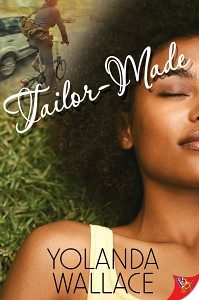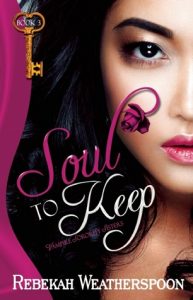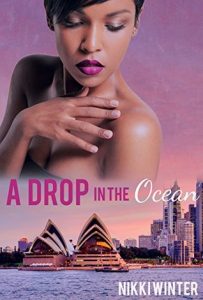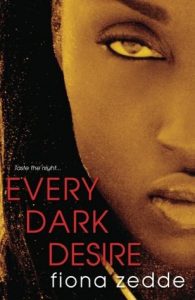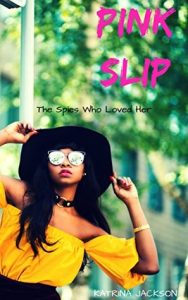Kalynn Bayron’s Cinderella is Dead is the queer fairy-tale retelling we needed in 2020.
Bayron’s novel is doing amazing things for queer fiction, fantasy, and YA. If there’s anything we need more of, it’s books like this, and more from Bayron herself. It’s been a long time since we’ve seen a Cinderella with queer girls. I can only recall Malinda Lo’s Ash (2009), which I read as a very confused teen, and still have on my shelf to this day. Bayron’s innovative and sparkling retelling is such a joy to read.
Cinderella is Dead takes place 200 years after the death of Cinderella. Based on the palace-approved version of the fairy tale that sixteen-year-old Sophia and her friends know by heart, Cinderella married her prince and lived happily ever after—for a time. Now, as a homage to Cinderella and her story, teenage girls are forced to appear at an Annual Ball, presided over by the current king, where all eligible men in the kingdom are free to select their wives. If a girl remains unselected…they are forfeit.
The novel opens with our main character, Sophia, preparing for the ball. However, Sophia would rather not go to any ball to be paraded in front of men who would have the authority to use her as they saw fit. Instead, she would rather marry her best friend, Erin. But things are complicated—the ball is not optional, and neither is conformity. After fleeing the palace the night of the ball—much like Cinderella herself, although under very different circumstances—Sophia finds herself in Cinderella’s tomb surrounded by the story she’s always known. However, when she meets Constance, the last descendant of Cinderella and her stepsisters, she learns that Cinderella’s story may not be so idyllic after all. What happened to the fairy godmother? Were the stepsisters actually ugly and monstrous? Sophia is determined to find the truth.
The novel is miraculous not only for its representation of queer and Black characters, but for its world, which seems to draw on both the conventions of the Cinderella story and history itself. Sophia is living in a world where queerness isn’t unheard of, but exists underground, subtly, or silently. She lives in a world where being different is unsafe, and the world around her struggles to catch up to her own bravery. In a world that demands absolute conformity, dissent comes at a steep price, and Bayron, through her characters, allows us to see the way queer people avoid that price in order to be who they are. This isn’t unheard of in centuries—or even decades—past, and is still relevant in some parts of the world today. So, even though the world of Cinderella is Dead has those elements of magic and fantasy that make the story so thrilling, there are also pieces of history that make it a important piece of queer literature.
The characters are vivid and thoughtfully presented, and each person close to Sophia presents us with a different view of queerness in a post-Cinderella world. Luke, the son of a family friend, is our window into the avenues through which people can explore their queerness, and the consequences of being discovered. Erin, by contrast, is one of the many portraits of the painful position of women—especially queer women—in this society. The fact that this story, with all of its intricacies, is structured around the story of Cinderella, makes it doubly fascinating.
One last word about the romance: Constance and Sophia are such a great pair! After a fraught dynamic with Erin, who struggles with her sexuality and society’s expectations, it’s clear that the relationship between Constance and Sophia is meant to be a vibrant alternative. Although I felt that their relationship could have used more detail in terms of the natural progression of their feelings for one another, that could just be me wanting more.
Overall, I loved this book and it was so much fun to read Bayron’s novel and to discover a world where queer girls can, quite literally, do anything. Although queer fairy-tale retellings have become more popular in recent years, we always need more, and we especially need more written by people of colour, and this one is particularly beautiful and unique.
Please visit Kalynn Bayron on her website, or on Twitter @KalynnBayron.
Content Warnings: abuse, domestic violence, homophobia.
Rachel Friars is a creative writer and academic living in Canada, dividing her time between Ontario and New Brunswick. When she’s not writing short fiction, she’s reading every queer novel she can find. Rachel holds two degrees in English literature and is currently pursuing a PhD in nineteenth-century lesbian literature and history.
You can find Rachel on Twitter @MsBookishBeauty or on Goodreads @Rachel Friars.

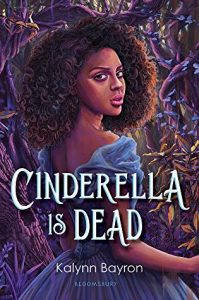
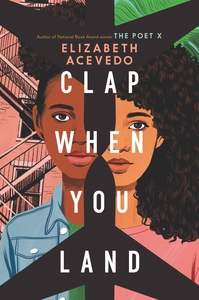
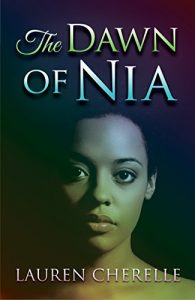
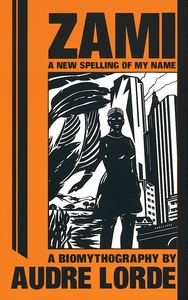
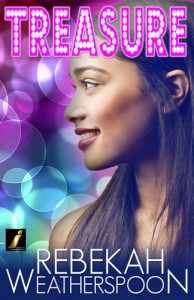

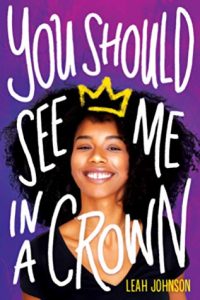
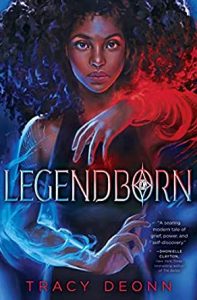 Legendborn by Tracy Deonn
Legendborn by Tracy Deonn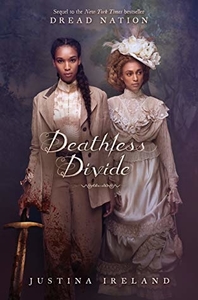 Deathless Divide (Dread Nation #2) by Justina Ireland
Deathless Divide (Dread Nation #2) by Justina Ireland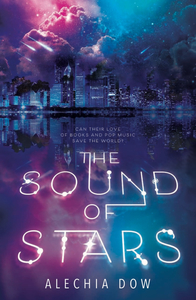 The Sound of Stars by Alechia Dow
The Sound of Stars by Alechia Dow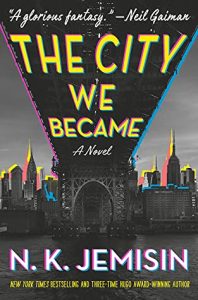
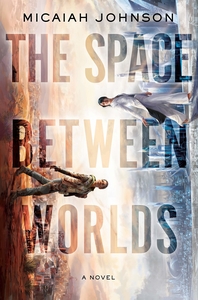
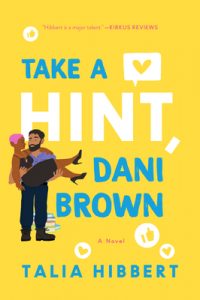 Take a Hint, Dani Brown by Talia Hibbert
Take a Hint, Dani Brown by Talia Hibbert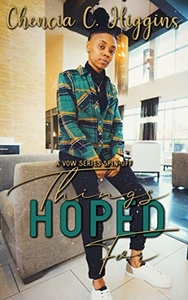 Things Hoped For by Chencia C. Higgins
Things Hoped For by Chencia C. Higgins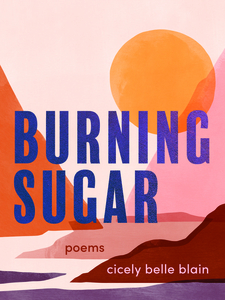 Burning Sugar by Cicely Belle Blain
Burning Sugar by Cicely Belle Blain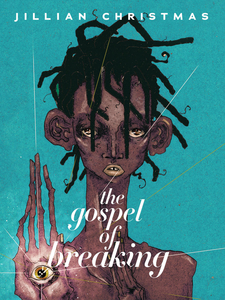
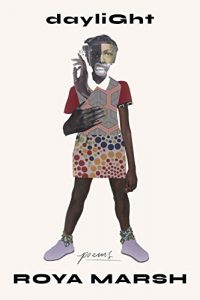 dayliGht: Poems by Roya Marsh
dayliGht: Poems by Roya Marsh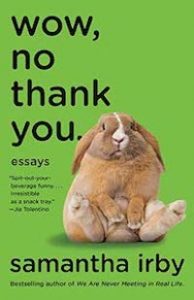 Wow, No Thank You by Samantha Irby
Wow, No Thank You by Samantha Irby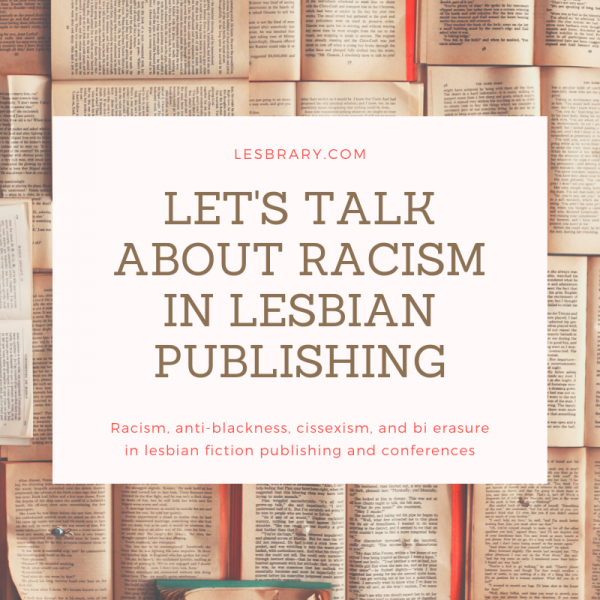
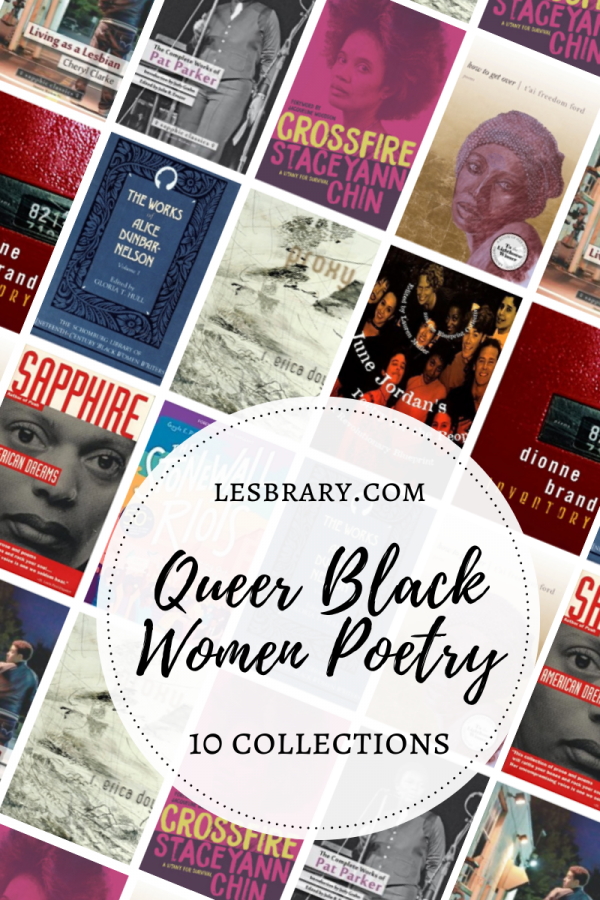
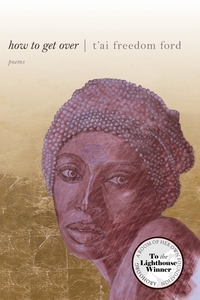

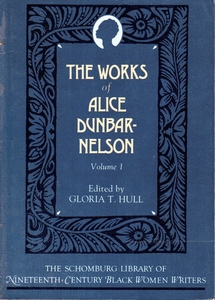
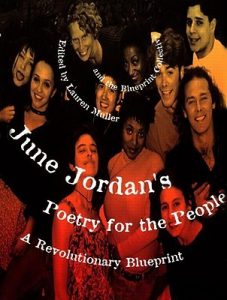
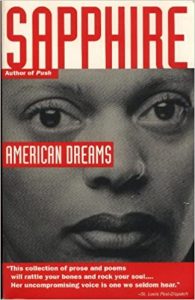
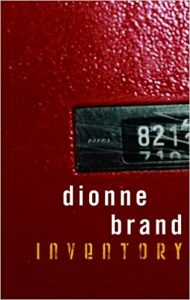
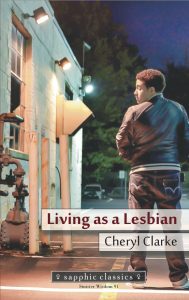
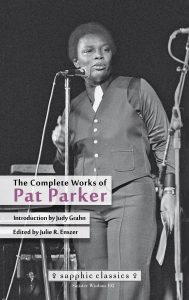
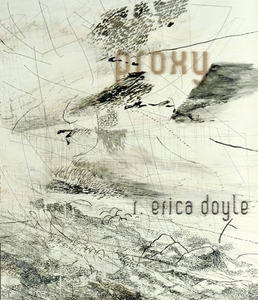
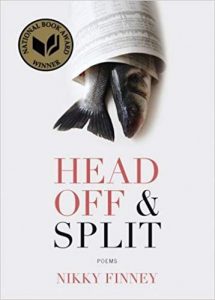
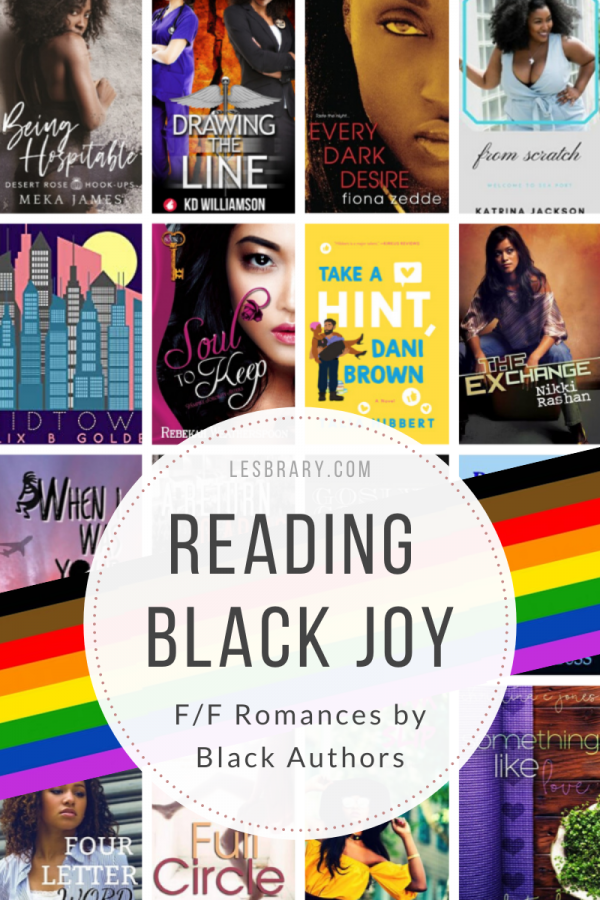
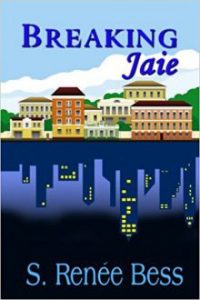
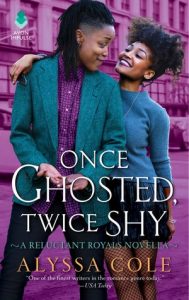
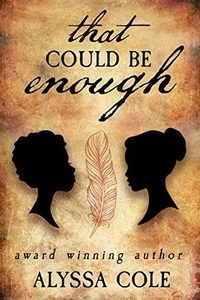
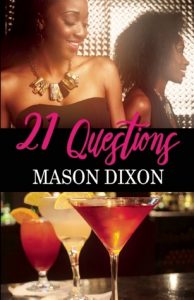
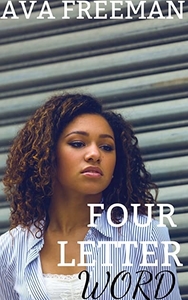
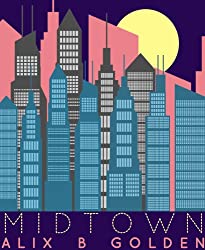
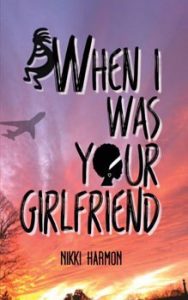
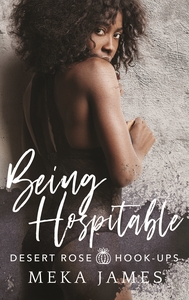
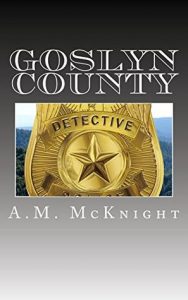 Goslyn County by A.M. McKnight
Goslyn County by A.M. McKnight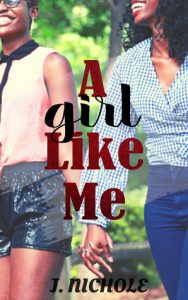

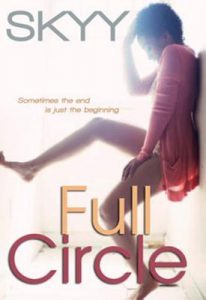
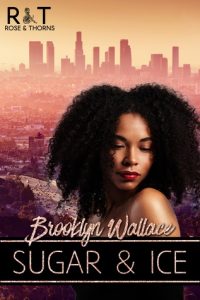 Sugar & Ice by Brooklyn Wallace
Sugar & Ice by Brooklyn Wallace